Are some foods bad for our eyes ? If yes, which ones ? Would eating better help us perform better?
In the greedy world of video games, for example, only Kirby has the right to swallow everything in his path. For the average person though, it's not that simple and there are a few important details to consider. Some foods are not very good for our eye health – because they lack essential nutrients and are loaded with harmful elements.
Discover the food enemies that pose a risk to your eyesight.
In this article :
- What do our eyes feed on to feel good?
- Foods that are bad or even dangerous for our eyesight
- Good foods to know for good vision
What do our eyes feed on?
Our eyes are undoubtedly one of the most sensitive organs in our body . They also require a large dose of nutrients to function.
A good diet guarantees their functioning but also allows us to offer our pupils formidable protection against certain environmental factors – such as blue light, which is one of the most recurrent dangers for our retinas. 
Why does the eye need nutrients?
Numerous studies confirm that the nutrients provided by food have a beneficial influence on vision .
Vision problems are the most common sensory loss in Europe today, but they can be avoided by avoiding a number of harmful foods.
The part of the eye that needs the most energy is the macula , a small 2 millimeter area at the back of your eyeball.
This area is very rich in cells called visual photoreceptors or cones.
To better understand, these cones are tiny parts allowing to have a precise vision and to assimilate the light to have a perfect and detailed visual field.
These cells need to be protected by specific antioxidants and carotenoids which act on them as protective filters. 
There are three essential vitamins in maintaining eye health:
Lutein & zeaxanthin
These two elements are antioxidants known to protect the retina and macula from free radicals from ultraviolet radiation. They are present in many foods or in the form of food supplements . These two carotene-derived molecules are more effective when combined.
Omega-3s
These are essential fatty acids for the functioning and maintenance of the state of our eyes. Once assimilated by our bodies, they have an antioxidant action that effectively prevents the risk of AMD (age-related macular degeneration).
Vitamin C
In general, vitamin C contributes to a large number of metabolic and immune mechanisms in our body, it is our regeneration drink . Regarding the eyes, it is an excellent antioxidant that is added to omega-3 to preserve the state of our ocular system . Vitamin C is found in large quantities in the retina of the eye. A 2001 clinical study (AREDS) demonstrated the protective potential of this acid on cataracts or AMD.
Legend has it that by combining this nutritious Triforce, your eyes will be endowed with super powers of protection for years to come.
Foods that are bad for our eyesight
If you avoid bad foods, you considerably reduce the risk of developing certain eye pathologies.
To avoid these risks, it is first of all to know the food which it is necessary to avoid … We take you on a tour of this delicious but dangerous world for the health of the eyes.

Sugary drinks and cookies
Nothing will be more delectable than a tall, cold glass of your favorite drink after a grueling afternoon finishing the Hitman 3 story. But we know it: sodas and other sugary drinks are not very good for you. health.
The main reason is the sugar content in them. A can of soda swallowed will certainly cause your high blood sugar score to explode .
From then on, your body will contain more glucose than it needs and this excess sugar will transform itself: weight gain, cavities, cardiovascular problems, diabetes...
Excess sugar increases the risk of cataracts and macular degeneration . On the one hand, glucose would alter the fibers of the crystalline lens and could cause an obstruction of the blood vessels which are particularly numerous in the area of the macula.
To reduce the risks associated with these diseases by 60%, all you have to do is reduce your consumption of sugars and give preference to other drinks or biscuits.
We also recommend some gourmet and healthy drinks in another article - Smoothie recipes for gamers .
The alcohol
Who doesn't like to raise their elbows to toast a good game of Apex? We know, it's so cool, but let's not forget: always in moderation .
Yes, if moderation is in order, it's not only to avoid calling one or one of your exes… No, it's also to protect your eyes .
What are the effects of alcohol on our vision?
Short term :
- Double Vision – which you may have already experienced after too many Dragon Ball style shooters.
- Deterioration of the tear filter – ethanol promotes evaporation of the hydrated part of the eye.
Long-term :
Excessive consumption can damage the optic nerve and logically the macular area.
Ethanol molecules also disrupt the amount of nutrients and the oxygen supply received in the optical system. They considerably reduce the levels of B vitamins , which are very important for the eye. This deficiency, in the long term, can irreversibly damage your vision. This phenomenon is called toxic nutritional optic neuropathy .
(Ultra)processed products
Processed foods are food products made from fresh or minimally processed foods.
They're called "processed" because they add sugar, oils, salt, and lots of preservatives to make them last longer . Their nutritional value is generally below the average expected by dietary and health control centers.

If they are to be avoided, it is mainly because of all the additives they present and which play a dangerous role on health .
Nitrate, sulphite, aluminum sulphate, phosphoric acid, aspartame, glutamate… all these names are flavor enhancers, preservatives, gelling agents, which are added to prepared dishes.
All this, all these little things added on top of each other, like cubes in Minecraft, cause various diseases : high blood pressure because of salt, obesity because of bad sugars, cardiovascular diseases because of bad carbohydrates .
And it's not better for the eyes, because they don't provide them with any nutritional benefit – on the contrary, they weaken them.
So if you see these products, as Gandalf would say: " Run away, you fools! ".
Products high in saturated fat
To make the logical link with the paragraphs above, foods with saturated fats must be avoided : good charcuterie from raclette, butter on toast, hamburgers from fast food, milk, cheese, Jigglypuff-shaped pastries…
Yes, the saturated fatty acids found in animal fats are not very good for our pupils.
Although they are useful to the body in some cases, foods with saturated fats are consumed too much these days.
This excess food promotes the formation of atherosclerotic plaque on the surface of our arteries (a kind of coating of fat – cholesterol – and blood cells). This is what causes clogging of blood vessels , but also what accelerates the formation of clots and therefore strokes.
Difficult it is true to avoid them completely, but try to eat them with more parsimony .
Good foods to know for good vision
The experts are unanimous: individuals who consume the right foods for eyesight have half the chance of developing AMD at an early age (i.e. before age 50). It is therefore necessary to know what foods to favor on your plate.
Food good for sight: Green vegetables
If there's one thing you should prioritize, it's green vegetables . Broccoli, Brussels sprouts, spinach, lamb's lettuce, watercress, green beans, zucchini… A toddler's nightmare, so to speak.
What makes these vegetables so important for eyesight is that they are rich in macular pigments, lutein and zeaxanthin , in addition to containing some of them, iron, phosphorus or even calcium, in good amount.
Some data (concerning the level of lutein and zeaxanthin):
- Spinach: 7 to 11mg per 100g
- Broccoli: 0.83 to 2.45 mg per 100g
- Zucchini: 2 mg per 100g

Seafood and oily fish for eye health
You will often see salmon, herring, and sardines as special omega-3 foods. Indeed, they are the ones who have the most.
Oily fish are generally cold-water fish that store fat to withstand the low temperatures of their aquatic environments.
Seafood is also great for filling your plates: shrimp, oysters or even lobster – if you get millions of views on Twitch, you might be able to afford it.
Omega-3s are very important for the immune system, memory, the heart system but also for the eyes, as we explained at the beginning of the article.
Some data (on omega-3):
- Salmon: 3.5 mg per 100g
- Fish: 0.3mg per 100g (rich in phosphorus)
- Oysters: 0.35 mg per 100 g (rich in iron)
Citrus fruits and berries
To begin with, most citrus fruits (orange, lemon, grapefruit, kiwi) are full of vitamin C, a nutrient as essential in our daily lives as Zelda – Ocarina of Time is on Nintendo 64.
This vitamin plays an antioxidant role on several levels on our body : it supports our immune system, it boosts our physical and mental fitness, it prevents common diseases and eliminates free radicals such as those that infiltrate the corner of our pupils.
Berries such as blueberries contain vitamin C and E (super antioxidants) but above all anthocyanidins , pigmentary components, which help boost visual acuity , in addition to protecting the retina by improving its blood circulation.
Some facts (about vitamin C):
- Orange: 40mg per 100g
- Kiwi: 100 mg per 100g (the richest fruit in vitamin C)
Nuts
Almonds, walnuts, hazelnuts, cashews are nuts that are often recommended as a small snack between two games of Valoriant. They are very high in omega-3s and vitamin E.
They are also excellent carriers of vitamin B1 (Thiamine) and vitamin B2 (Riboflavin) , an important vitamin complex to prevent macular degeneration.

Carrots
Carrots are rich in vitamins A, lutein, zeaxanthin . This nutritious trio acts on the anti-oxidation of the cells of the eye while slowing down the reduction in visual acuity (AMD, glaucoma or cataracts).
Foods bad for the eyes: The final word!
We know that avoiding bad foods is not easy every day, the important thing is above all to reduce them to rebalance your diet . Adding more good foods in place of bad ones will be a great start!
Do not hesitate to consult our blog, we posted and we post regularly ideas of dishes, recommendations and complete guides on the food .
Take a look over here:
- Gamer's diet | Eat better to perform better
- Best Eye Supplement | Reinforced gamer vision
- How to strengthen your eyes | Foods that improve eyesight
And enjoy your meal !
Some frequently asked questions from the community
What damages the eyes the most? What damages the retina?
- The sun : the sun emits UV rays that are particularly toxic to the eyes. Hence the importance of wearing goodsunglasses .
- Too many screens : We may develop the best blue light blocking glasses and the best gaming glasses of all time, but your eyes need contrast. Nothing like a good little hike to maintain your visual acuity.
- A bad diet : You already know everything thanks to this article.
- Smoking and drinking
- Tattooing your eye : hello barjos.
- The passage of time : your cells age (a little slower if you're an elf).
What is the best eye food?
It's not just one, it's a combination of different nutrients that will allow you to see as far as the Horus X falcon. To help you out, we've compiled a great list of superfoods here .
What is the best vitamin for the eyes?
Again this is a combo. Here are the main ones:
👉🏻 Vitamin A, C, E, B (B1, B2, B3, B6, B9 and B12)
And otherwise you also need a lot of Lutein and Zeaxanthin, Omega 3, Omega 6 and Zinc.



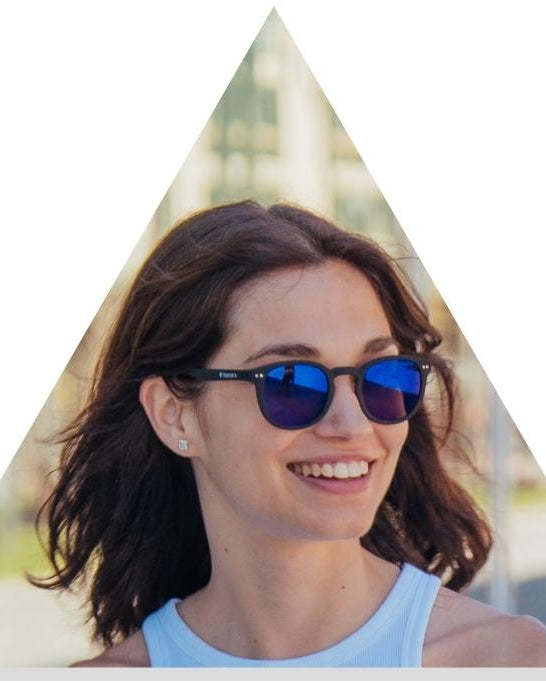
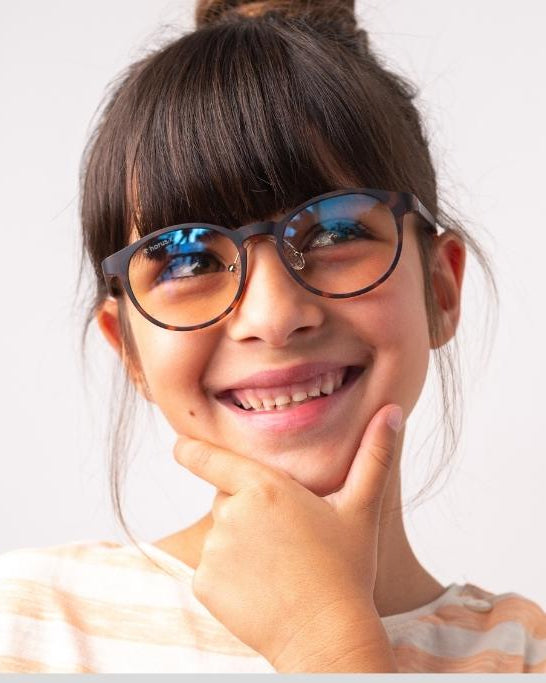
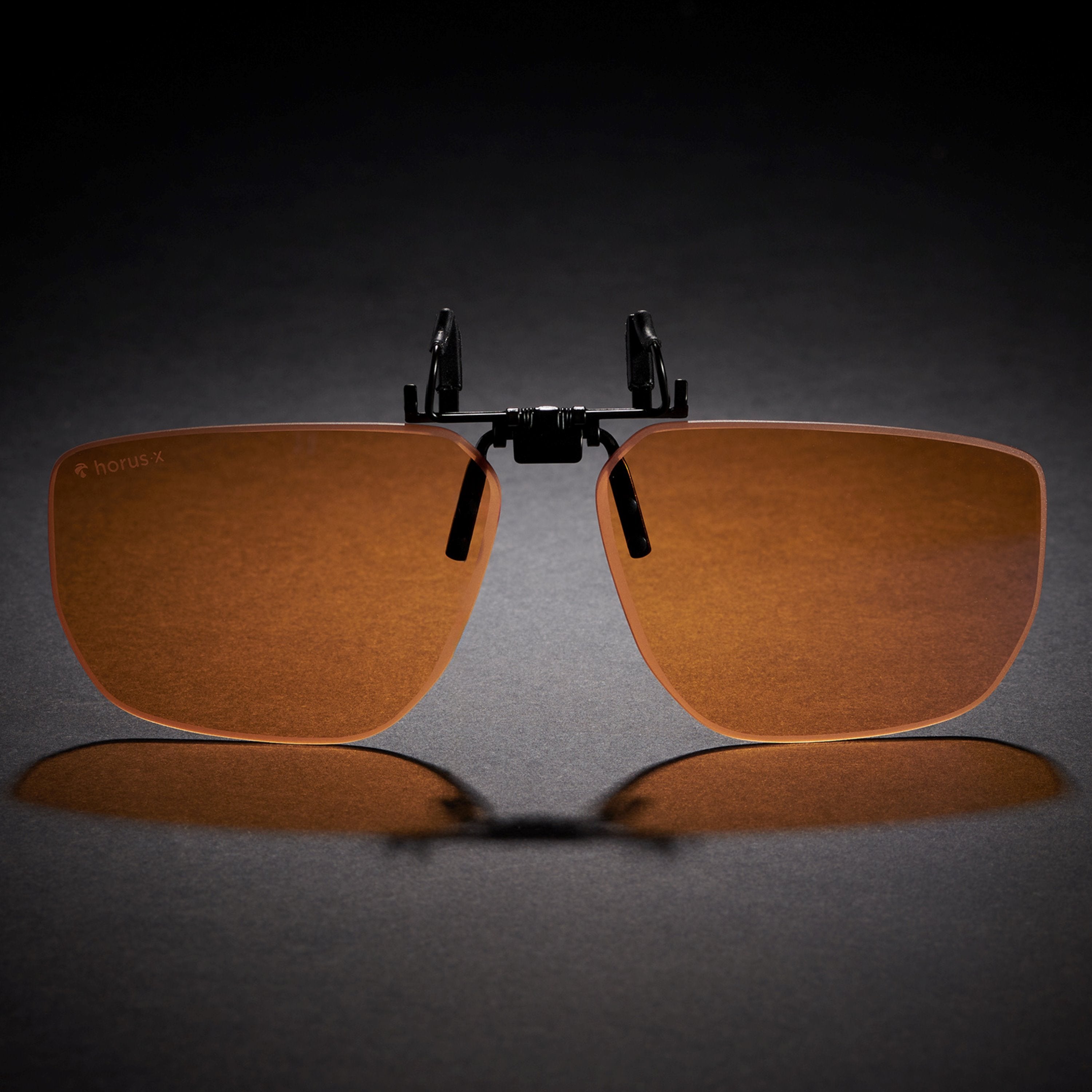
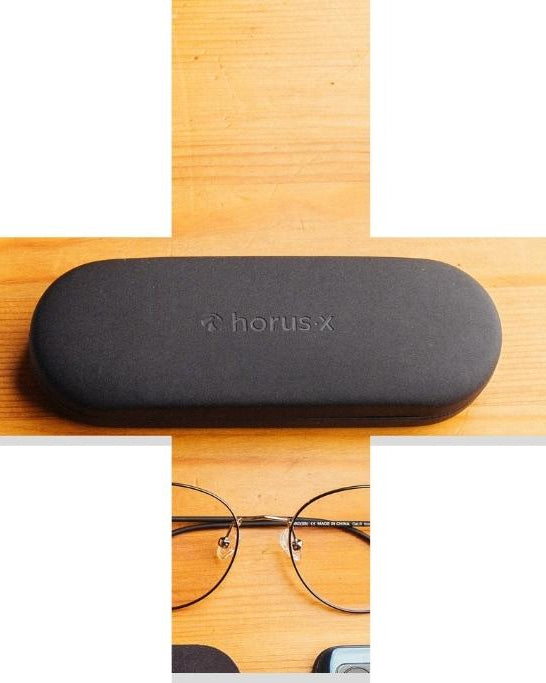




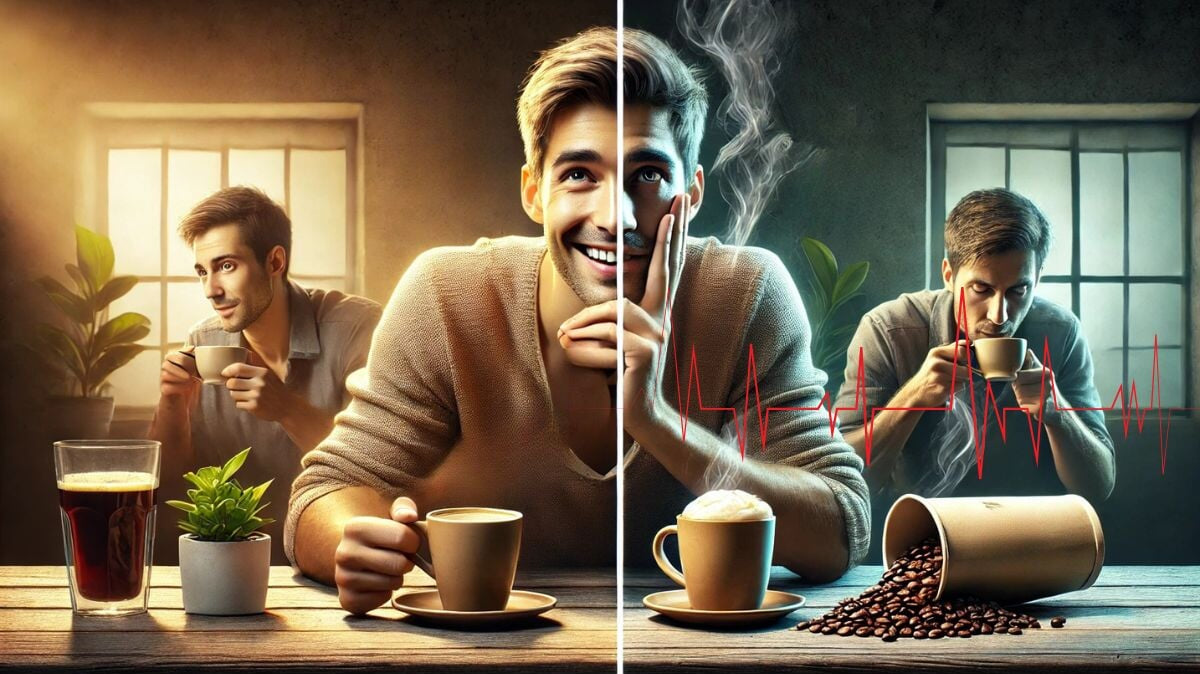

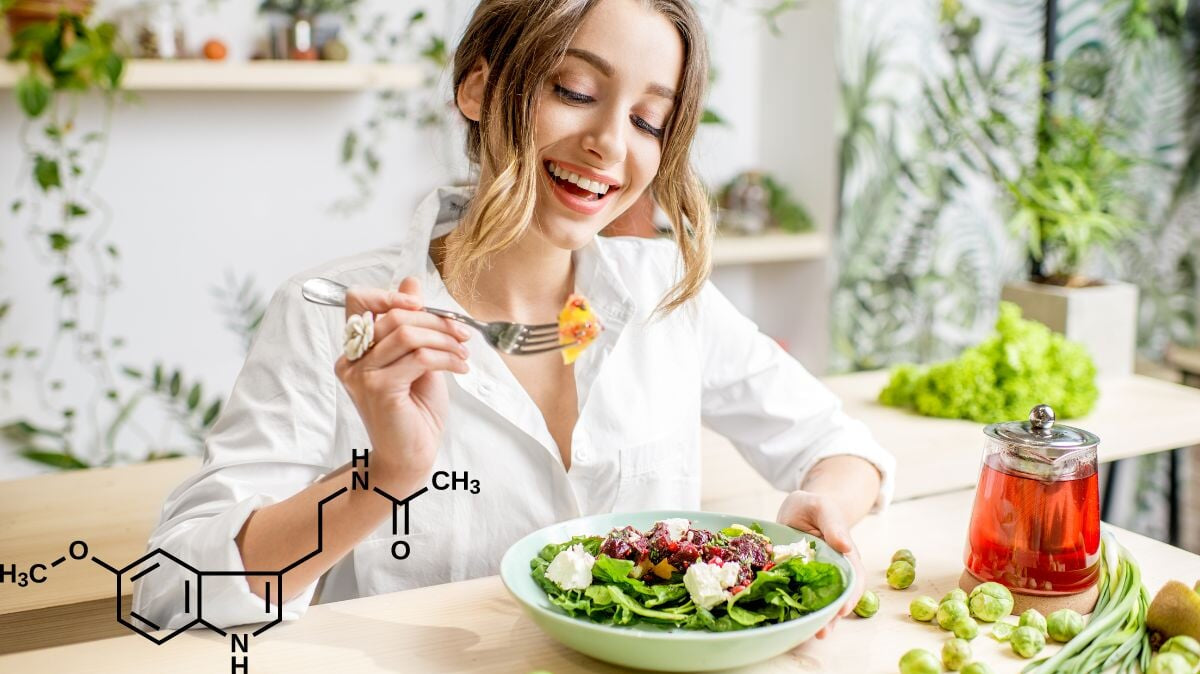
Comments
merci
Merci pour vos conseils alimentaires, ça nous aides beaucoup